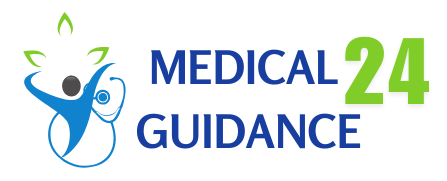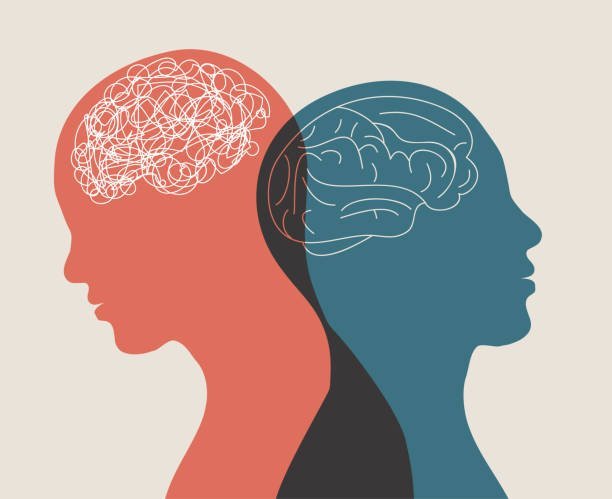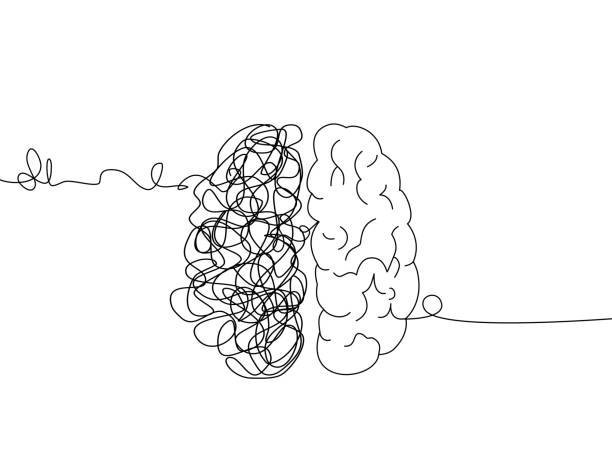Why the youth may seem not able to value a safe and healthy living environment within their communities 

Why the youth may seem not able to value a safe and healthy living environment within their communities?
Human rights, as embodied in international law, provide a universal framework that protects individuals and groups against actions and omissions that interfere with fundamental freedoms, entitlements, and human dignity. They are fundamental to the health, well-being, and development of all individuals and communities. However, when these rights are violated, the effects are not only experienced at the individual level but also ripple through entire communities, creating numerous social issues.
Reasons why the youth may seem not able to value a safe and healthy living environment within their communities
Below, we explore four negative social effects of human rights violations on communities:
Erosion of Social Cohesion
Firstly, human rights violations can severely erode social cohesion. When certain groups within a community are targeted for discrimination or violence, it can create an environment of fear and hostility, leading to societal fragmentation. This division is often along ethnic, religious, or socio-economic lines, which can escalate into tension, conflict, or even civil unrest. A society divided by human rights abuses is less likely to collaborate effectively, undermining social capital—the shared values, understandings, relationships, and norms that glue a society together. This can have long-term effects on the social fabric, making it difficult for communities to heal and progress.
Stunted Economic Development
Human rights violations can also have significant economic impacts. When individuals are denied their basic rights, such as the right to work or the right to education, it can prevent them from contributing to the economy. This limits the human capital available to a community, which hampers economic development. Moreover, in communities where violations are widespread or systematic, potential investors or businesses may be deterred, further stunting economic growth. The resulting poverty and unemployment can lead to an increase in crime, further destabilizing the community.
Escalation of Health Problems
Thirdly, human rights violations can precipitate a range of health issues within a community. Denial of the right to health or the right to a healthy environment can lead directly to physical harm. Moreover, the stress and trauma associated with human rights abuses can lead to mental health issues, including depression, anxiety, and post-traumatic stress disorder. These health problems can strain healthcare systems and can contribute to a cycle of poverty and illness that is difficult to break. Additionally, health problems can lead to decreased productivity, further exacerbating economic difficulties in the community.
Loss of Trust in Institutions
Lastly, human rights violations often lead to a loss of trust in institutions. When a government or other powerful entities perpetrate or condone human rights abuses, it undermines public confidence in these institutions. This loss of trust can make it difficult for institutions to effectively govern or provide services, leading to further deterioration in the quality of life within the community. Moreover, a lack of trust in institutions can fuel discontent and unrest, potentially leading to instability or conflict. This further exacerbates the other social effects of human rights violations.
Conclusion
Human rights violations have profound and lasting effects on communities. They erode social cohesion, stunt economic development, escalate health problems, and lead to a loss of trust in institutions. Therefore, the promotion and protection of human rights should not be seen as an abstract ideal but a practical necessity. It is vital for the health, well-being, and prosperity of individuals and communities alike. As such, efforts should be redoubled to prevent human rights violations and to ensure that when they do occur, they are promptly addressed and redressed.








